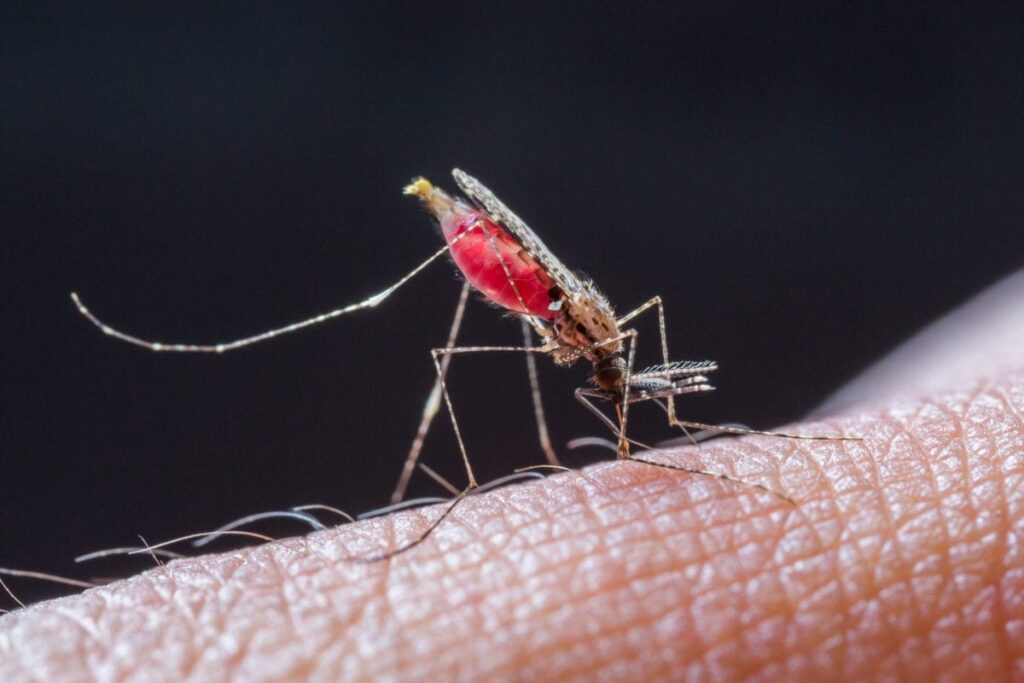India has some success stories to share for World Malaria Day 2019, observed on April 25. The country is no longer among the three countries most affected by malaria – and could be set to reduce cases even further if it opts to adopt a new malaria vaccine that is currently being rolled out in Malawi.
Three million fewer malaria cases were recorded in 2017 compared to 2016, marking a 24 percent decline. India’s contribution to the overall malaria burden in 2017 was just four percent.
Despite the reductions malaria is still far from being eliminated. The world witnessed 435,000 malaria deaths in 2017 alone with India continuing to be one of just eleven countries accounting for seventy percent of the global malaria burden – and the only one not to be located in sub-Saharan Africa.
The Centre has issued plans to eliminate malaria from India by 2030. In order to guarantee this, adopting the use of the new malaria vaccine may be essential.

The malaria vaccine, an innovation in disease prevention
“We have seen tremendous gains from bed nets and other measures to control malaria in the last fifteen years, but progress has stalled and even reversed in some areas,” said Tedros Adhanom Ghebreyesus, WHO Director-General.
While malaria has shown a gradual fall — with significant reductions where new innovations were used on a larger scale — progress has been stalling for some time now. There are a myriad of reasons for this, from complex issues such as resistance developing to frontline therapies to more mundane aspects of prevention strategies such as the neglecting of insecticide-treated bednets. There is also the prospect of ‘donor fatigue’, with gains made in the global fight against malaria causing interest to wane and commitments to plateau.
Considering treatment alone, however, what can be gathered is that either adherence to treatments and use of prevention tools need to be more rigorously enforced, or there needs to be a shake up in the global strategy. The malaria vaccine presents an opportunity for the latter.
In Africa, over 250,000 children die from malaria every year. According to the WHO, children under five in the region are at the greatest risk of losing their lives due to malaria. Due to the particular vulnerability of children, the vaccine will first be released exclusively to those aged under two.
A combination, rather than an exclusive prevention method
The vaccine, while projected to be a vital tool in the continued fight against malaria, should not be viewed as a “magic bullet” solution to the issue. The RTS,S vaccine has been developed in thirty years and, as of yet, it is the only vaccine against malaria that has shown to reduce cases of the disease to a significant level. The clinical trials of the vaccine showed that it can prevent approximately four in ten malaria cases, including three in ten cases of life-threatening severe malaria.
It must be noted, however, that the vaccine is not going to entirely stop malaria alone. A forty percent reduction in disease prevalence is far lower than what most standard vaccines can achieve for other diseases. However, as the first – and, to date, only one – of its kind, it is the best option available.
This forty percent reduction may not sound impressive, but it equates to nearly 200,000 lives saved annually. In addition, reduction in disease cases could see another significant wave of progress in bringing disease cases under control. The vaccine, if adopted by all countries in which malaria is endemic, could be a stepping stone to elimination.
The global target for malaria elimination is 2030; India has committed itself to this goal. Therefore, maximising the potential of new developments is necessary if malaria control efforts are to bear fruit, both in the country and worldwide.
While not a magic bullet, if the vaccine is used in combination with other prevention methods such as insecticide-treated bednets, disease prevalence could fall rapidly. Information campaigns on how to best use the bed nets may also be crucial to this effort.
Reports of the use of insecticide-treated nets by impoverished communities as fishing nets have come from numerous countries. Such an act not only leaves the individual prone to malaria due to neglect of prevention methods, but may also poison water sources. Educating these communities on proper use of the nets is vital to prevention campaigns.
India is having a greater degree of success than many countries in curbing malaria figures. Introduction of the vaccine in combination with the strengthening of existing efforts could mean that the end of malaria in the country may soon be in sight.

